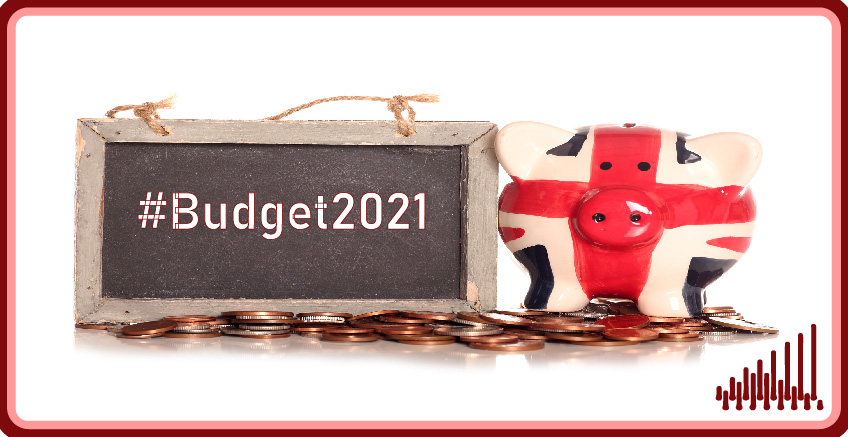The UK public are confused about government borrowing and debt

Last Sunday, the Chancellor of the Exchequer Rishi Sunak said it was time to “level with people” about the problems facing the UK economy. Sunak confirmed he would extend Covid-19 support in the Budget on Wednesday, but also warned that high levels of government borrowing were unsustainable and sensitive to rises in interest rates. On Sophy Ridge on Sunday, the Chancellor said: “If we don’t do anything, borrowing will continue to be at very high levels – even after we’ve recovered from Covid, debt will continue to rise indefinitely and that’s not a good situation.” There are reports that Sunak is already laying the groundwork for tax increases, and that he will use the Budget on Wednesday to “start repairing UK’s public finances”.
Just like the financial crisis more than a decade ago, it now seems inevitable that the economic recovery from Covid-19 will be dominated by discussions about how to reduce government debt and how to eradicate the budget deficit, and by how much and how fast. Building on our previous report on how the British public understand the economy, we conducted additional interviews with a cross-section of the UK public, to explore further how people understand the economic impacts of the Covid-19 pandemic, including the impact on public finances.
The NIESR research report, out this week, shows how the pandemic has reinforced people’s confusion about government borrowing and debt. Interview participants recognised that the government had pumped billions of pounds into the economy at an unprecedented scale, to support health services and fund support packages such as the furlough scheme. Participants were fully supportive of these measures, and often spoke about the furlough scheme in particular with immense pride. People saw it as an example of the tremendous power and ability of the state to protect its people and businesses when they most needed it.
At the same time, however, it made participants wonder why the money had not been used before the pandemic to improve struggling public services such as the NHS. People were confused about where the money suddenly came from, who it would be paid back to, and the consequences of not doing so. Assumptions about where the money came from ranged from a “war chest” or “a mystery man”, to the assumption that it was related to government borrowings and debt, and that it had “something to do with the Bank of England”. But very few participants could explain in any detail the workings of government borrowing, and those who had always assumed we borrowed from other countries were confused, because all other countries were currently facing the same situation as the UK.
But while participants admitted and regretted that they did not understand the mechanisms of government borrowing, they fully anticipated and predicted a “reckoning” at some point, where the population would be “made aware of what the deficit is, and how we are going to make up for it.” They said the money would inevitably have to be paid back in the future, and it would probably be recouped through large tax rises. Many feared this would unfairly fall on working people as it had done in the past, but wanted larger corporations, especially digital companies and others who had done well out of the pandemic, to pay their share of the burden.
Our previous research, conducted during the Brexit negotiations, uncovered a limited public understanding of trade deals, at a time where the country had engaged in several years of trade negotiations and public debate about trade impacts of Brexit. This time seems no different. One of the defining features of the Covid-19 pandemic has been the large increases in government spending and borrowing, but the general public still have a limited understanding of the workings of public finances and government borrowing – even after more than a decade of austerity.
As economists, after more than a decade of austerity measures, it is a failure of our profession that we have not yet communicated effectively how government borrowing and debt work exactly, to enable people to properly evaluate and assess government policies and public debate about public finances. The Chancellor said at the weekend that making public finances sustainable “isn’t going to happen overnight”. Clearly, public understanding of public finances will not be improved overnight either. It requires a sustained focus on better communication, engagement and education of the UK public. At NIESR, we are currently doing ongoing research to tackle these issues, including engagement activity to bring economists together in conversations with the UK public, to inform how to improve our communication to the public.

















